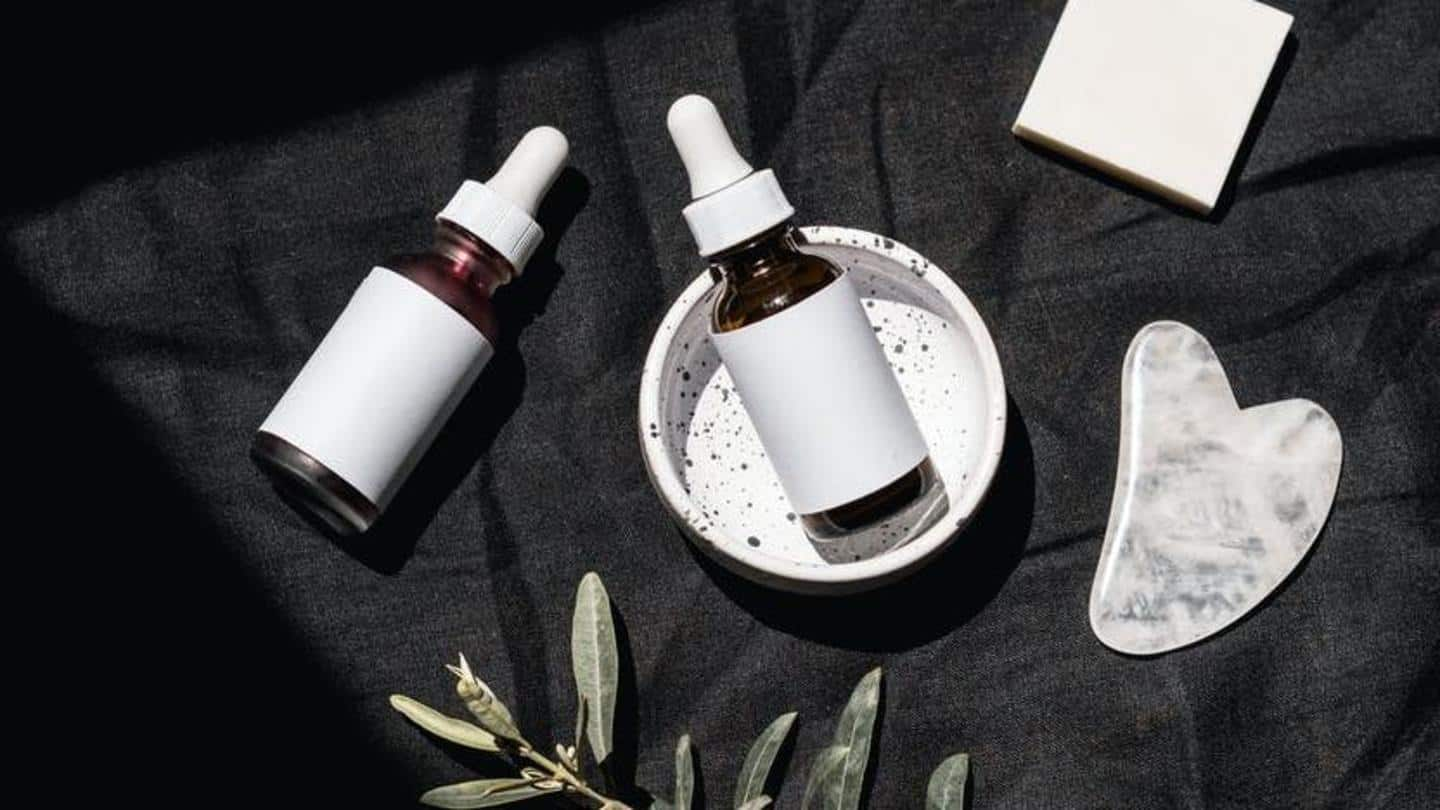
Skincare ingredients: What to mix and what not to mix
What's the story
With all the combinations that we use in DIY face packs, skincare has now become a fun chemistry lesson. But at the same time, it is crucial to note that not all skincare ingredients play safe with one another. So today, let us see the combinations that can help you get a perfect glow and combinations that are a big no-no.
#1
Vitamin C
Vitamin C is great at avoiding UV damage, and so can easily be worn under sunscreen. Vitamin C is safe to mix with vitamin E and ferulic acid as these antioxidants can boost the skin's protective shield when combined. Do not team up vitamin C with retinol as vitamin C works wonders during the day, while retinol is best used at night.
#2
Retinol
Retinol is a highly recommended ingredient that can help reduce dark spots, acne, and promote skin cell turnover. You can mix retinol with certain moisturizing ingredients such as hyaluronic acid and ceramides as they can help lock in the moisture. But do not mix retinol with vitamin C, benzoyl peroxide, and AHA or BHA acids as they can dry out and cause skin irritation.
#3
Alpha hydroxy acids and beta hydroxy acids (AHAs/BHAs)
AHA or BHA acids are used to remove dead skin from the epidermis. These are best combined with moisturizing ingredients like glycerine and SPF to soothe the skin. But never mix AHAs or BHAs with retinol as it can lead to skin sensitivity and inflammation. These ingredients should not be used on the same day as well.
#4
Benzoyl Peroxide
Benzoyl peroxide is highly efficient in treating acne-prone skin. You can safely mix benzoyl peroxide with topical antibiotics, SPF, and other hydrating ingredients to prevent skin dehydration. Topical antibiotics can boost the acne-fighting game. But benzoyl peroxide should not be mixed with acne prescription tretinoin and retinol as they can cancel out each other when combined.
#5
Niacinamide
Niacinamide is an antioxidant and anti-inflammatory ingredient that helps even out skin discoloration. It can go well with most of the skincare ingredients except vitamin C. Vitamin C and niacinamide are incompatible antioxidants and their effectiveness declines when paired up. Healthcare experts recommend keeping at least a 10-minute gap between the application of these serums.